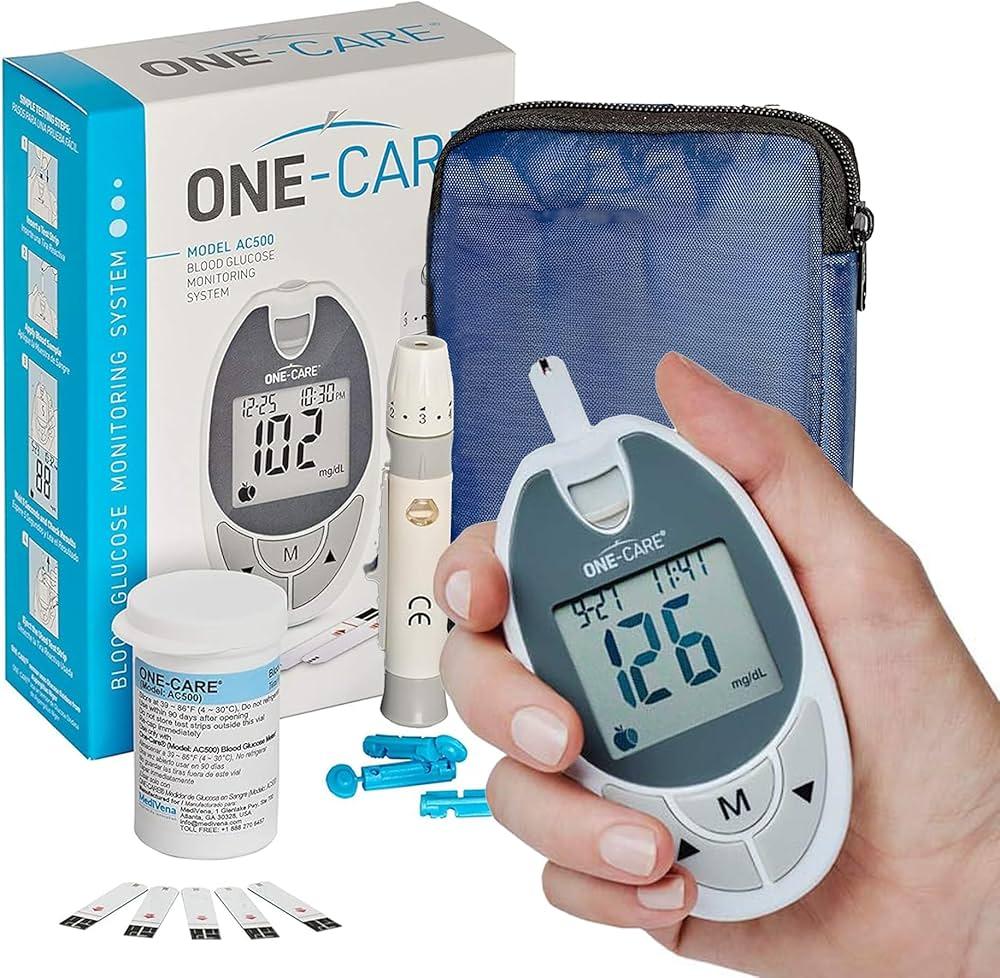As dawn breaks and the first rays of sunlight peek through your window, you have a golden opportunity to set the stage for balanced blood sugar and sustained energy. Navigating the morning landscape can feel like a delicate dance, but with expert guidance from nutrition professionals, you can transform your early hours into a strategic wellness routine. This article unveils five evidence-based strategies that dietitians recommend to help you start your day on a metabolic high note, ensuring your blood sugar remains stable and your body primed for peak performance. Your morning routine can be a powerful ally in managing blood sugar levels. Dietitians recommend strategic steps that transform your early hours into a metabolic optimization window.
Hydration isn’t just a wellness buzzword—it’s a critical first move. After hours of sleep, your body craves water to jumpstart metabolic processes. Drinking 16 ounces of room temperature water with a squeeze of lemon can help stabilize blood glucose and support insulin sensitivity. This simple act signals your system to transition from nighttime rest to daytime metabolic efficiency.
Protein-packed breakfasts are metabolic game-changers. Nutrition experts suggest consuming a balanced meal within an hour of waking that includes lean proteins, healthy fats, and complex carbohydrates. Think scrambled eggs with spinach, Greek yogurt with nuts, or a smoothie featuring plant-based protein powder. These choices prevent blood sugar spikes and provide sustained energy.
Movement matters, even in small doses. A 10-15 minute morning walk or gentle yoga sequence can significantly improve insulin response. Physical activity helps muscles absorb glucose more effectively, creating a natural regulatory mechanism. This doesn’t require an intense workout—just consistent, gentle movement that signals your body to engage metabolic processes.
Mindful stress management sets the tone for hormonal balance. Cortisol, the stress hormone, can disrupt blood sugar regulation. Incorporating short meditation, deep breathing exercises, or journaling can help modulate stress responses. Just five minutes of intentional relaxation can create a physiological environment more conducive to stable glucose levels.
Strategic supplementation can provide additional metabolic support. Dietitians recommend chromium, magnesium, and berberine as potential allies in blood sugar management. However, consultation with a healthcare professional is crucial before introducing any new supplements. These compounds can enhance insulin sensitivity and support glucose metabolism when used appropriately.
Implementing these strategies transforms your morning from a passive start to an active health optimization opportunity. Each choice becomes a deliberate step toward metabolic resilience, creating a foundation for balanced energy and long-term wellness.
